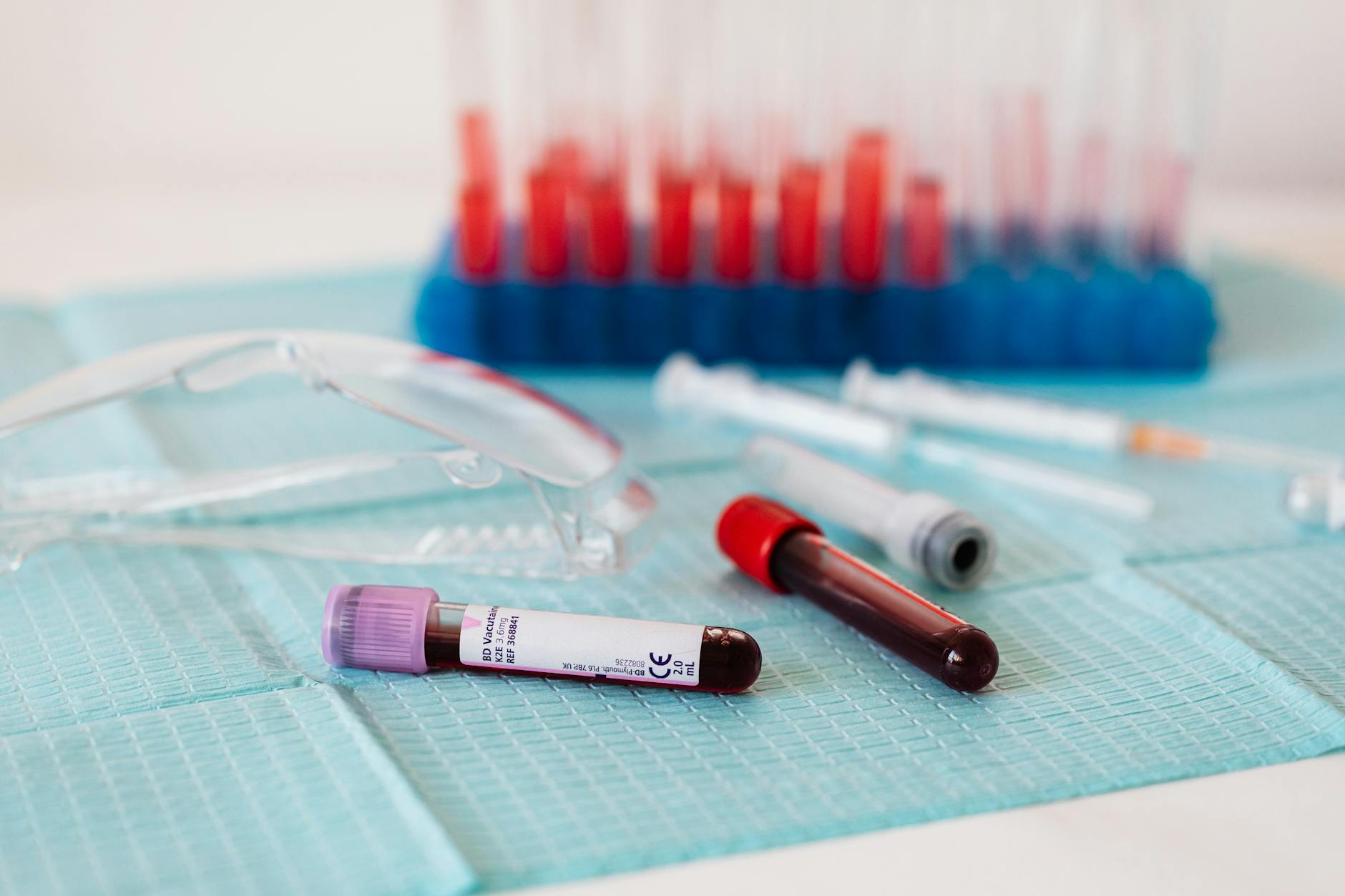
When discussing leukemia, a type of cancer that starts in the blood-forming tissues, we need to consider several forms, including acute and chronic varieties. Leukemia fundamentally disrupts the production and function of blood cells, primarily white blood cells, which are crucial for fighting infections. One day, a patient shared how overwhelming it felt to receive such a diagnosis. Their story reminded me why it’s vital to demystify this condition for those affected.
Various Types of Leukemia
There are four main types of leukemia, each with unique characteristics. Acute Lymphoblastic Leukemia (ALL) progresses rapidly and is most commonly seen in children. Its sudden onset and aggressive nature can be daunting, yet it’s also one of the most treatable forms when detected early. Conversely, Acute Myeloid Leukemia (AML) affects both children and adults and requires prompt, intensive treatment due to its swift progression.
Chronic Leukemia Varieties
On the other hand, Chronic Lymphocytic Leukemia (CLL) typically progresses slowly and is often diagnosed in older adults. Despite its slower course, it necessitates careful monitoring and can impact one’s life significantly over time. Chronic Myeloid Leukemia (CML) also has a gradual progression and usually affects adults. With advancements in treatment, particularly targeted therapies, many CML patients lead relatively normal lives for years after diagnosis.
Recognizing Symptoms and Diagnosis
Recognizing the symptoms of leukemia is crucial for early intervention. Patients often report fatigue, frequent infections, unexplained weight loss, and easy bruising or bleeding. However, these symptoms can be mistaken for less severe illnesses, delaying diagnosis. A patient once told me, “I thought I was just getting older and feeling tired all the time. I never imagined it was leukemia.” This highlights the importance of awareness and regular medical check-ups.
Diagnostic Procedures for Leukemia
Diagnosis typically involves blood tests to detect abnormal levels of white or red blood cells and platelets. A bone marrow biopsy can confirm the presence of leukemia cells. According to the Abu Dhabi Department of Health, regular check-ups and proactive management are key to controlling leukemia and preventing long-term issues. This proactive approach can make a significant difference in outcomes.

Treatment Options Available
Treating leukemia involves various strategies tailored to the specific type and stage of the disease. Chemotherapy remains a cornerstone, utilizing potent drugs to destroy cancer cells. This can be quite challenging, as a patient once shared, “Chemotherapy was tough, but knowing it was attacking the leukemia gave me hope.”
Exploring Targeted Therapies and Radiation
For some types of leukemia, targeted therapy drugs that specifically attack cancer cells with fewer side effects than traditional chemotherapy are used. Radiation therapy might also be employed to target and kill leukemia cells in specific areas of the body.
Advanced Treatment Options
Additionally, blood or marrow transplants offer a chance for a cure, especially in younger patients or those with aggressive forms of leukemia. This procedure involves replacing diseased bone marrow with healthy cells from a donor. Gene therapy is another emerging treatment, showing promise for certain genetic blood disorders. According to the Dubai Health Authority, these advancements provide hope and improved outcomes for many patients.
Living with Leukemia
Living with leukemia is undeniably challenging, but many find ways to manage the disease and maintain a good quality of life. Support from healthcare providers, family, and support groups is crucial. One patient described it beautifully: “Living with leukemia is like walking a tightrope, but with the right support, you find your balance.”
Importance of Holistic Care
Regular follow-ups and lifestyle adjustments are essential. Patients often need to adapt their daily routines to manage fatigue and reduce infection risks. Healthy eating, regular exercise, and mental health care also play significant roles in managing the disease and its treatment side effects. The Dubai Health emphasizes the importance of holistic care, integrating physical, emotional, and social support for comprehensive well-being.
Concluding Remarks on Leukemia
Leukemia is a complex and challenging condition, but understanding its intricacies can empower patients and their families. By recognizing symptoms early, exploring diverse treatment options, and embracing holistic care, those affected by leukemia can navigate their journey with hope and resilience.
